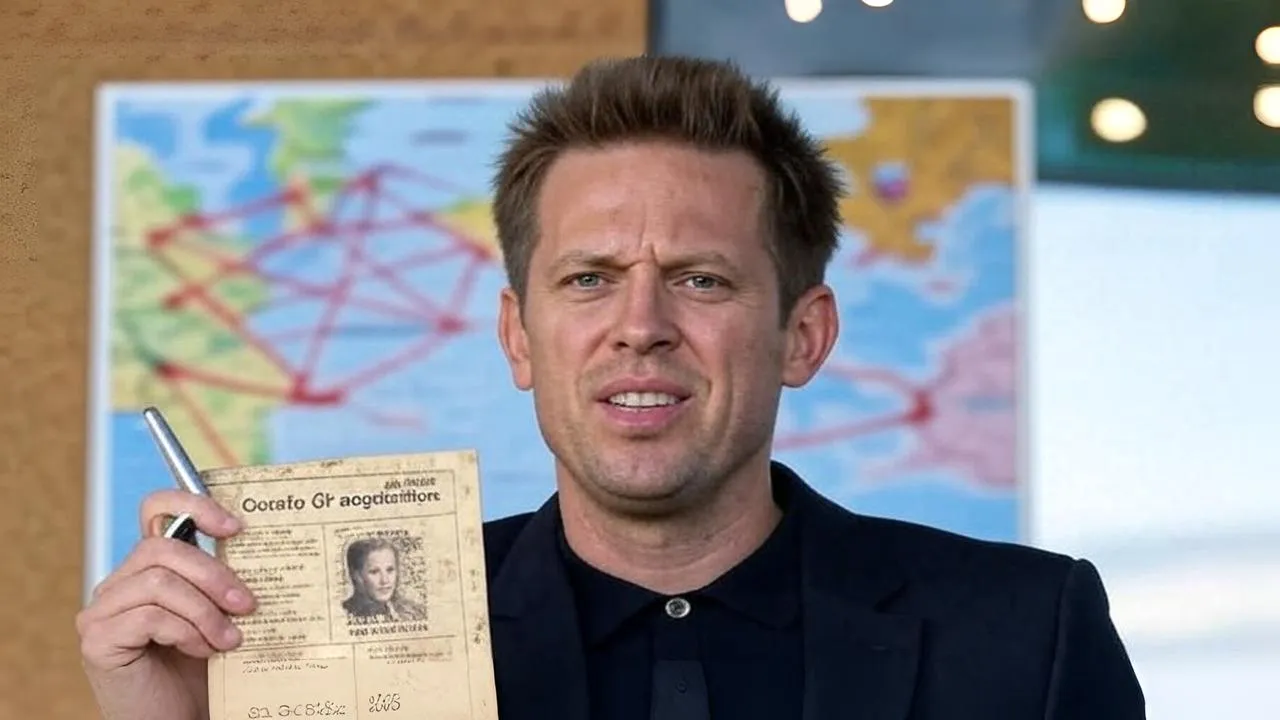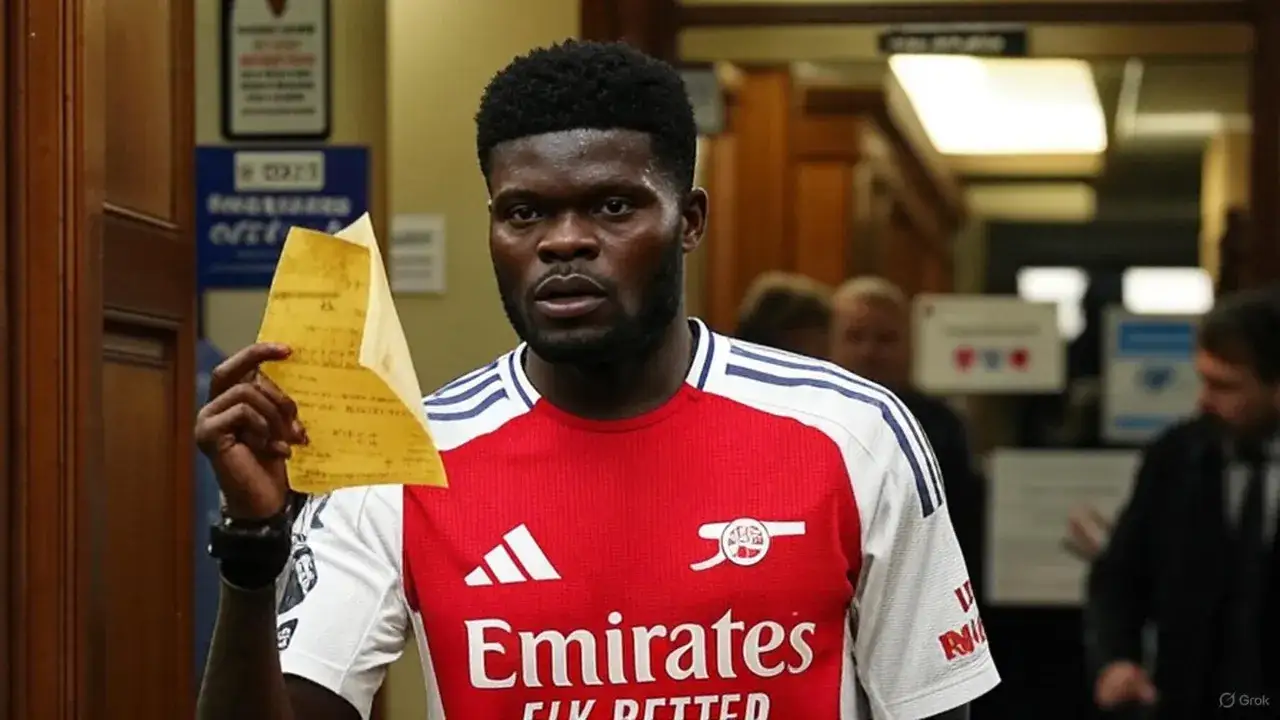FSG planning multi-club system centred around Liverpool with Getafe purchase
Fenway Sports Group is seriously considering acquiring La Liga side Getafe, aiming to establish a multi-club structure with Liverpool at its core.

FSG is set to take a significant step in expanding its footprint in European football. The American sports investment group that owns Liverpool is seriously evaluating the purchase of Spanish La Liga side Getafe. This development could be the first concrete move in the multi-club structure that FSG has long aimed to establish.
Michael Edwards’ return and strategic role
Michael Edwards’ return to FSG in the summer of 2024, now responsible for football operations, played a decisive role in accelerating this transformation process. According to The Telegraph, Edwards returned not just to manage Liverpool but to lead a system capable of overseeing a wider football network under the FSG umbrella. This vision is said to have been a key factor in his decision to return. Edwards, widely credited with constructing Liverpool’s title-winning squad under Jürgen Klopp, is now tasked with replicating that strategic clarity across a broader footballing network.

Past attempts and Getafe’s emergence
According to an exclusive report by The Telegraph, FSG had previously held serious talks with French club Bordeaux and Spanish side Málaga. However, none of these discussions led to an official purchase. In this context, Getafe stands out as the first club to reach the verge of a formal acquisition. According to senior figures within FSG, Getafe’s location, financial scale, and stable position in La Liga make it an ideal ‘satellite club’ profile that fits Liverpool’s strategic needs. In such a system, Liverpool’s academy graduates could be fast-tracked into top-flight experience at Getafe, similar to how Manchester City rotate talent via Girona.
Getafe’s sporting history and potential
Getafe finished the 2024/25 La Liga season in 13th place. Although they have been rooted in the lower half of the table for the past five seasons, the club finished fifth in the 2018/19 season and qualified for the UEFA Europa League, marking a turning point in their history. Having participated in European competitions three times in total, Getafe stands out for its competitive pedigree. Located very close to Madrid, the club could serve as a strategic hub for talent scouting and player transfer networks.
A stable structure shaped by history
The club’s current institutional structure was established in 1983. The previous Getafe club was dissolved in 1982, and two local teams—one of which originated from a Real Madrid fan group—merged to form the current Getafe CF. Since then, Getafe has spent 20 of its 21 seasons in Spain’s top division. Such consistency has positioned the club as a dependable asset in terms of financial and structural stability.
The rise of the multi-club model in football
Multi-club models have become significantly more widespread in football in recent years. City Football Group, owned by Manchester City, manages a structure of 12 clubs spread across four continents. Todd Boehly, owner of Chelsea, and his company BlueCo added French side Strasbourg to their portfolio in 2023 as part of this strategy. Meanwhile, Evangelos Marinakis’ football group includes Nottingham Forest from England, Olympiacos from Greece, and Rio Ave from Portugal. Former Arsenal sporting director Edu, according to The Independent, left London to take on a new role within the multi-club football group owned by Evangelos Marinakis, officially joining the structure.
A new structure for Liverpool’s future
The system FSG plans to establish through Getafe will not be as massive as City Football Group’s. However, the goal is to create an integrated structure in terms of player development, loan systems, economic cycles, and technical staff infrastructure for Liverpool. In this way, while the club remains at the elite level, developing players will be able to progress in more controlled environments. Unlike CFG’s tightly centralised scouting and branding model, FSG’s approach appears geared towards decentralised development tailored to Liverpool’s tactical needs.
Structural transformation starting with Getafe
Spearheaded by Michael Edwards, this move could mark a new chapter not just for FSG, but also for Liverpool’s long-term ambitions. With its structure, La Liga status, and past experiences, Getafe stands out as one of the rare clubs that can adapt to this vision. If the process moves forward positively, FSG’s acquisition of Getafe could mean not only a sporting but also a structural revolution for Liverpool.

